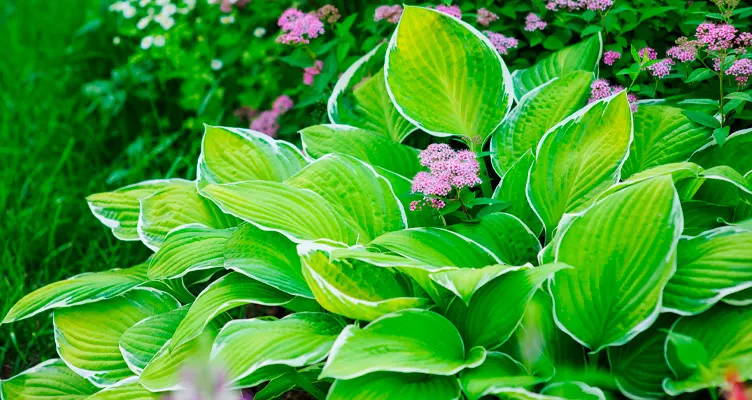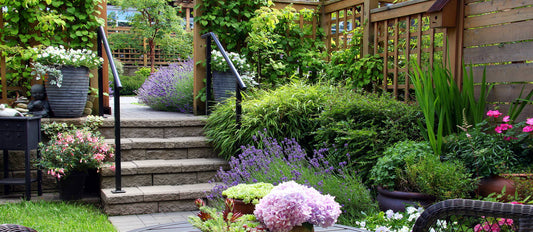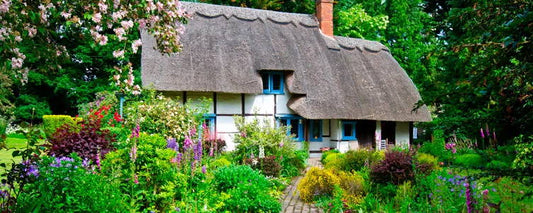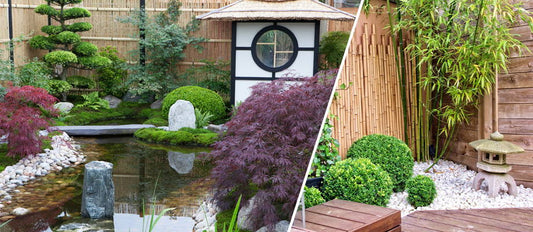Plants make us feel happy and help us to relax. But sometimes they need a helping hand to stay looking at their best so that you can get maximum enjoyment from them. That's why it's important to protect your plants properly against diseases, pests and infestations. Read on to find out the best ways to do this.
Prevention is better than cure
Many diseases and pests can be prevented simply by using the right potting soil and plant food. So the first step is to choose the correct potting soil for your garden plants. Each specific type of potting soil contains the ingredients needed by a particular type of plant, from flower bulbs and vegetable plants to seedlings. Plants such as hydrangeas and Japanese maple like acidic soil, for example, so check carefully what type of soil your plants prefer before you put them in. The right potting soil helps the plant's roots to take better and contains the right nutrients for the plant, so use soil containing a plant enhancer to ensure particularly strong plants. This is a natural agent that strengthens roots, so the plant's defence system can prevent fungi that cause diseases.
Proper plant nutrition can also help strengthen your plants and one option is to use organic fertiliser to ensure greener leaves and produce more growth and flowers. Just like potting soil, plant food can also strengthen the plant's immune system and each plant has its own specific needs.
Finally, the perfect conditions for the plant are very important as plants need the right amount of sun and water. Sunlight can damage some plants or cause them to dry out, so always read the plant label carefully or check our website to find out how much sunlight your plant needs. Humidity is another important factor to consider. Spraying once a week or once a fortnight helps to keep plants that like a humid climate to stay looking at their best. Watering is the most important factor to ensure a healthy plant. The most common cause of disease in plants is mould or rot from too much water, so always make holes in flower pots or planters so water can drain away. Water usually drains better in borders or open ground, but you can prick holes in your lawn to help get rid of any standing water.
How can you recognise diseases or pests?
Most plant diseases are caused by fungi, bacteria and viruses and some are transmitted by insects. You can often tell that a plant is diseased due to discolouration of the leaves, buds or on branches. Common diseases are mildew, scab, rust and fireblight. Mildew is easily recognised by white fluff, similar to mould found on food. Scab is more common in trees, and causes dark spots on branches. As its name suggests, rust causes orange spots on leaves. All three diseases are caused by fungi and can be remedied with antifungals. Fireblight is caused by bacteria and starts with brown or black tips, followed by yellowish slime. Because it is caused by bacteria, curing the plant is virtually impossible. Plants can also contract a range of viral diseases, which are often incurable. You can recognise a virus by circles on the leaves and yellow discolouration. As many diseases cannot be cured, prevention is crucial wherever possible. If your plant cannot be saved, take it out of the ground as soon as possible to prevent it from infecting other plants and replace it with a new garden plant.
How can you combat problems with your plants?
Although good potting soil and the correct food can prevent a lot of problems, your plants may still encounter some difficulties and we have several natural methods to help remedy them. The most common problems are plants that develop fungus or diseases, unwanted animals or insects, and weeds growing in your lawn, for example. As fungi and diseases can spread to other plants, it is important to combat them as soon as possible and sulphur spray is one option. Antifungals are also useful in helping plants recover quickly.
Animals and insects may feed on or even make their home in your plants and setting traps is one option for larger animals, such as mice, or slightly smaller animals, including slugs. Although repelling insects can often be more difficult, biostimulants are a natural solution that encourages plants to start producing substances themselves to strengthen their immune system. This makes them less susceptible to diseases and harmful insects do not get the chance to develop. There are also various natural remedies for weeds, but anyone with really green fingers will be out in the garden removing them anyway. You'll find everything you need to assist you in our range of troubleshooters.




